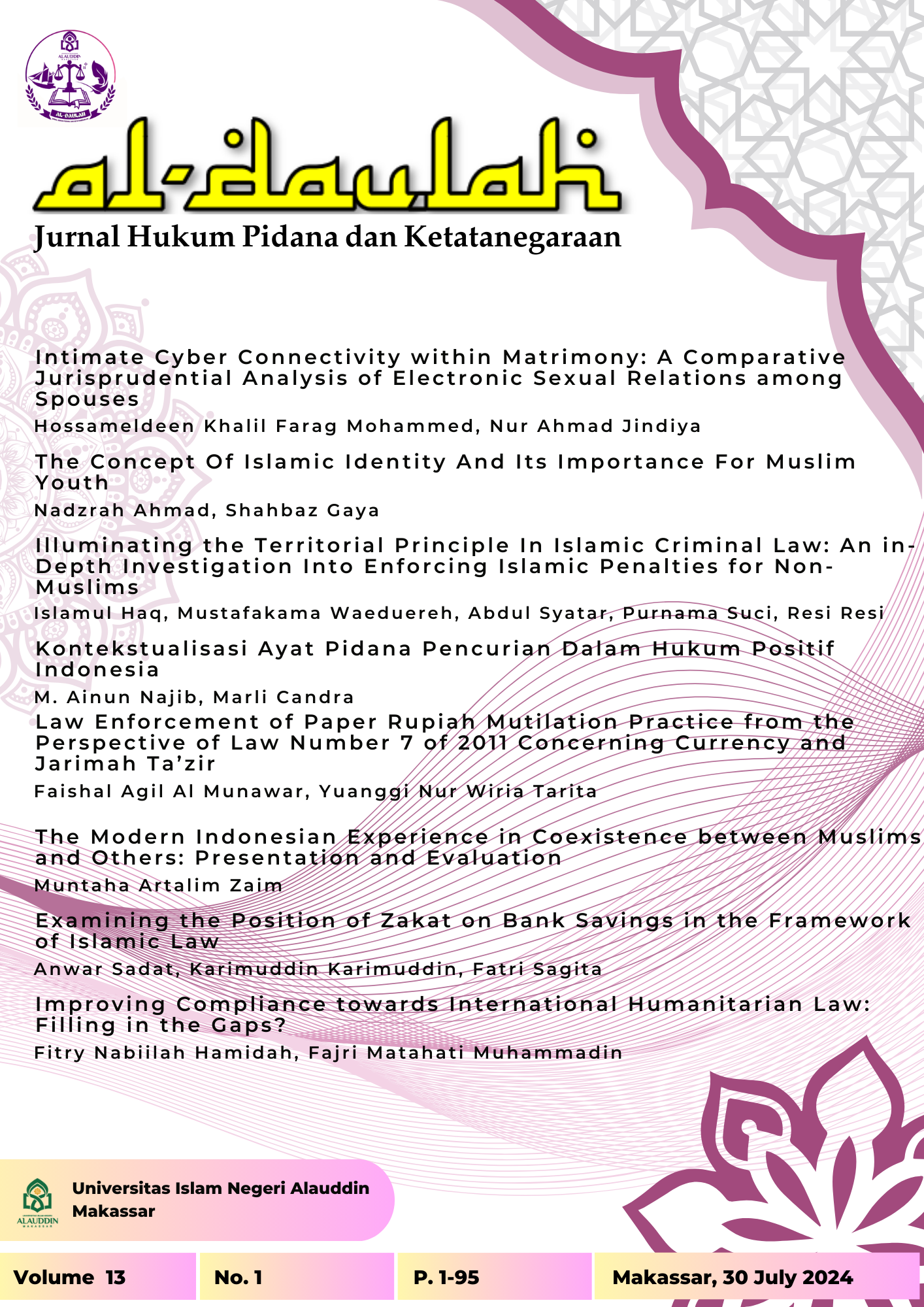Re-Voting And Re-Vote Counting: Differences, Causes And Impact Factors
Abstract
This article examines the phenomenon of re-voting and recounting of ballots. Re-voting and recounting ballots is likened to an unpredictable stage of the electoral process because on particular districts, besides that with the devotees not all doing this. Re-voting and recounting ballots will add or even repeat either part or possibly all of the work that has been done by the Electoral Commission. Re-voting and recounting ballots could be due to constitutional court rulings, recommendation of bawaslu, and the state of force majeure. This will have an impact on budget addition, logistical willingness, voter attendance, longer conflicts and the integrity and professionalism of the Electoral Commission at stake. If the re-vote and the recount of the ballots are included in the stages of the election process and determined the date will result if the Constitutional Court decides outside the schedule of the process stages then it is feared that the date is not in accordance with the stages, Meanwhile, if the re-vote and recount of ballots do not become mandatory stages in the election, it is feared that with the simultaneous elections in 2024 the impact that occurs cannot be anticipated properly by the Election Commission.
Keywords: Revote of ellection, recount of ballots, simultaneous elections 2024.
References
Arief Budiman, dkk, “Mendemokratiskan Pemilu” , Jakarta: Elsam, 1996.
Azka Hussein, “Dampak Putusan Mahkamah Konstitusi Tentang Pemungutan Suara Ulang Terhadap Partisipasi Masyarakat Dalam Pemilihan Umum Kepala Daerah Kabupaten Pati ”, Fakultas Hukum Universitas Negeri Semarang: Pandecta Volume 8, Nomor 2, Juli 2013.
Dumasari Riameinda Br. Surbakti, “Tata Kelola Pemilu Di Daerah Bencana (Studi Kasus Penyelenggaraan Pemilu di Karo Sumatera Utara), Electoral Governance Tesis: Bunga Rampai Tata Kelola Pemilu Indonesia, Edisi 2, September 2020.
Hamdan Kurniawan, “Pemungutan Suara Ulang: Menyoal Batas Waktu dan Faktor Penyebab”, (Journal.kpu.go.id)
Heru Widodo, “Hukum Acara Perselisihan Hasil Pilkada Serentak Di Mahkamah Konstitusi”, Jakarta, Sinar Grafika, 2015.
Irvan Mawardi, “Dinamika Sengketa Hukum Administrasi Di Pemilukada”, Jakarta: Rangkang Education, 2014.
Khoirunnisa Nur Agustyati, “Kompleksitas Pemilu Serentak 2019 Dalam Pemungutan dan Penghitungan Suara”, Jakarta: Bawaslu, 2019.
Miftah Thoha, “Birokrasi Politik dan Pemilihan Umum di Indonesia”, Jakarta: Kencana, 2014.
Moh. Kusnardi dan Harmaily Ibrahim, “Pengantar Hukum Tata Negara Indonesia”, Jakarta: Sinar Bakti, 1988.
Muhammad Amin, “OPINI : Peluang dan Tantangan Penyelenggara Pemilu 2024”.
Peter Mahmud Marzuki, “Penelitian Hukum”, Jakarta: Kencana, 2008.
Ramlan Surbakti, dkk, “Perekayasaan Sistem Pemilihan Umum untuk Pembangunan Tata Politik Demokratis”, Jakarta: Kemitraan Partnership, 2008.
Soehino, “Ilmu Negara”, Yogyakarta: Liberty, 2013.
Legislation:
Peraturan KPU Nomor 3 Tahun 2019 Tentang Pemungutan dan Penghitungan Suara.
Putusan Mahkamah Konstitusi Nomor 199-05-12/PHPU.DPR-DPRD/XVII/2019.
Undang-Undang Dasar 1945, Yogyakarta: Galang Press, 2010.
Undang-Undang Nomor 7 Tahun 2017 Tentang Pemilihan Umum.
Interview:
M. Anam Rifai Subkoordinator bidang hukum dan SDM KPU Kabupten Tulung Agung.
Online media:
https://jateng.tribunnews.com/2021/11/03/opini-dan-tantangan-penyelenggara-pemilu-2024
Penghitungan Ulang, Caleg PDI-P Mengamuk di KPU - Kompas.com
Ketua KPU dan Bawaslu Yalimo Tolak Putusan MK, Pilih Mundur karena Takut Terjadi Kerusuhan (inews.id).
The authors of a work hold the copyright and grant the Al-Daulah: Jurnal Hukum Pidana dan Ketatanegaraan the right of first publication. The work is also licensed under the Creative Commons Attribution License (CC BY 4.0), which enables others to share the work while acknowledging the authorship and initial publication in the journal. The authors can make separate contractual agreements for the non-exclusive distribution of the published version of the work, such as by posting it to an institutional repository or editing it for a book, with an acknowledgment of its initial publication in this journal. Authors are allowed and encouraged to post their work online, such as in institutional repositories or on their website, before and during the submission process. This can lead to productive exchanges and greater citation of the published work.


